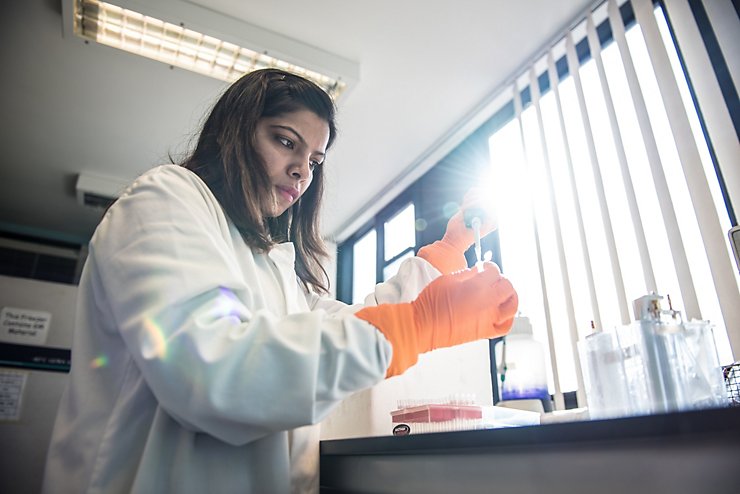International study
Studying abroad gives you the chance to learn about your subjects from a different perspective as well as building your independence and communication skills.
This is an additional year between the second and third years of your course on a pass/fail basis where the marks obtained do not count towards your final mark. This means that you can truly make the most of the opportunity to expand your academic and cultural horizons.
We currently have 23 partners worldwide including partners in North America, Europe, Australasia and South East Asia.
If you are interested in studying abroad for a full academic year, apply to MSci Natural Sciences with International Study programme. It is also possible subject to the necessary progression requirements, to transfer to this programme once you are here.
Please note: To undertake International Study, you will need to achieve the relevant academic requirements as set by the university (60% average in Y1 – 65% for some partners) and meet the selection criteria of both the university and the partner institution.
Placement year
Natural Sciences students have the option to transfer during their degree to a named ‘Natural Sciences with Placement Year’ programme in their second year.
A placement provides a unique opportunity to put theory into practice, gain practical experience and build further skills and competencies that will put you a step ahead on the graduate career ladder.
Students looking for placements are provided with support through the Careers and Employability Service and a few specialist teams in specific subject areas. The University continues to support students while they are on their placement and they will be visited by a placement tutor during the year.
Previous students have spent time working for companies including:
- KPMG
- RSPB
- Rolls Royce
- GSK
- Johnson & Johnson
Students who successfully complete their placement and reflective report are awarded the degree MSci Natural Sciences with Placement Year. It will be a four-year programme with the placement in your penultimate year.
Year in computer science
You can also add an intercalated year in Computer Sciences to your degree. This is an additional year between your second and third year of study designed to provide you with training in software development and computing skills to enhance your studies and career options.
Students request to transfer into this programme during the second year. The year is completed on a pass/fail basis and successful students will graduate with a named degree MSci Natural Sciences with a Year in Computer Science.
International study
Studying abroad gives you the chance to learn about your subjects from a different perspective as well as building your independence and communication skills.
This is an additional year between the second and third years of your course on a pass/fail basis where the marks obtained do not count towards your final mark. This means that you can truly make the most of the opportunity to expand your academic and cultural horizons.
We currently have 23 partners worldwide including partners in North America, Europe, Australasia and South East Asia.
If you are interested in studying abroad for a full academic year, apply to MSci Natural Sciences with International Study programme. It is also possible subject to the necessary progression requirements, to transfer to this programme once you are here.
Please note: To undertake International Study, you will need to achieve the relevant academic requirements as set by the university (60% average in Y1 – 65% for some partners) and meet the selection criteria of both the university and the partner institution.
Placement year
Natural Sciences students have the option to transfer during their degree to a named ‘Natural Sciences with Placement Year’ programme in their second year.
A placement provides a unique opportunity to put theory into practice, gain practical experience and build further skills and competencies that will put you a step ahead on the graduate career ladder.
Students looking for placements are provided with support through the Careers and Employability Service and a few specialist teams in specific subject areas. The University continues to support students while they are on their placement and they will be visited by a placement tutor during the year.
Previous students have spent time working for companies including:
- KPMG
- RSPB
- Rolls Royce
- GSK
- Johnson & Johnson
Students who successfully complete their placement and reflective report are awarded the degree MSci Natural Sciences with Placement Year. It will be a four-year programme with the placement in your penultimate year.
Year in computer science
You can also add an intercalated year in Computer Sciences to your degree. This is an additional year between your second and third year of study designed to provide you with training in software development and computing skills to enhance your studies and career options.
Students request to transfer into this programme during the second year. The year is completed on a pass/fail basis and successful students will graduate with a named degree MSci Natural Sciences with a Year in Computer Science.












